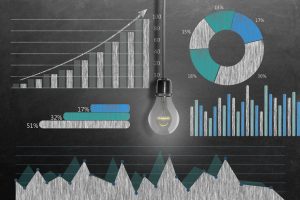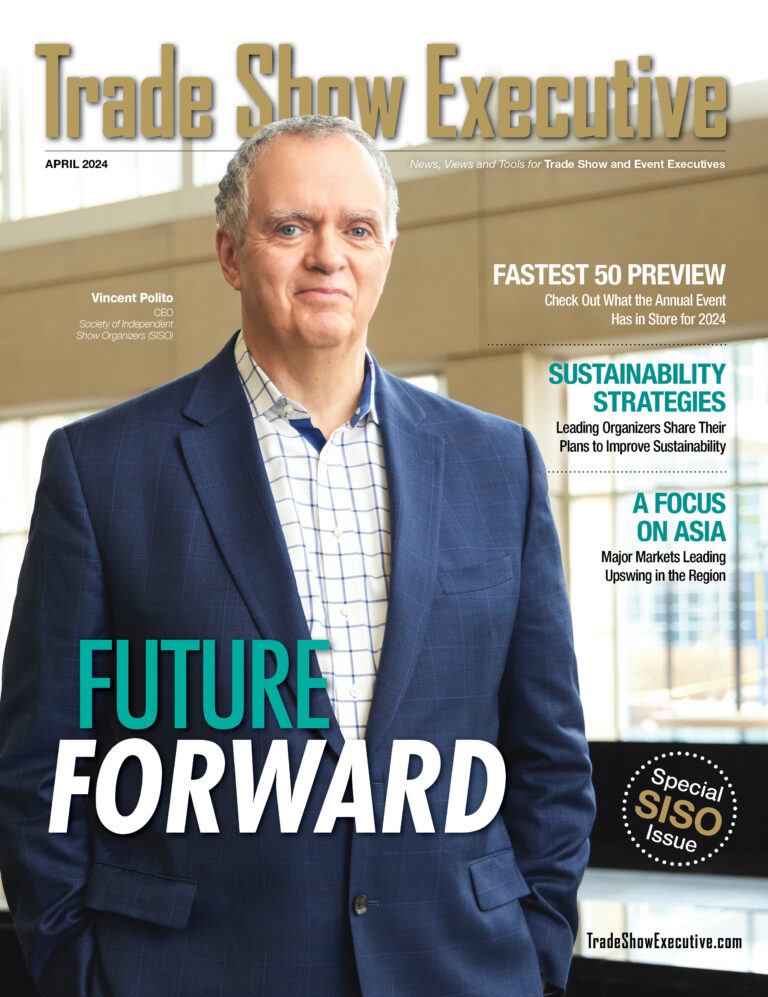 DALLAS — Given the current state of the world and the trade show industry, there is little margin for error. Data-driven decisions are critical and they are why Freeman Event Research is more important than ever as it helps trade show executives make the right event decisions.
DALLAS — Given the current state of the world and the trade show industry, there is little margin for error. Data-driven decisions are critical and they are why Freeman Event Research is more important than ever as it helps trade show executives make the right event decisions.
According to the data, Ken Holsinger, Senior Vice President, Data Solutions, said 2021 will be a “bridge year” in which we continue to adapt to the current pandemic, with 2022 the beginning of the new normal.
While there is no denying that uncertainty still looms, Freeman Event Research indicates that attendees are ready to get back to live events in a safe and prepared way. Over two-thirds of those surveyed plan to attend in-person events by the fall of 2021.
The data predicts that multiple factors will enable smaller, regional events to proliferate next year. “The focus should be leaning into learning, which is working well in the current virtual offerings,” Holsinger said. “User experience will gain in importance as expectations increase and ‘Zoom fatigue’ continues to be an issue.”
Needless to say, there will also be a focus on virtual events. Based on the research, Holsinger recommends designing them to be no more than two days in length. “With microevents, less content over less days is ideal, rather than spaced over the next quarter. Be short, be pithy, be relevant,” he recommends. “Build it and they will come is no longer going to lead to success.”
With this in mind, organizers need to plan events that are shorter in duration and consumed in distinct pieces, allowing for the content to be consumed in a convenient way so attendees can fit the virtual event into their schedules.
“Historically, the thought was quantity matters,” Holsinger said. “It is now more important than ever to focus on outcomes, not quantities. Events should be designed to reflect a deeper understanding of the audience they serve.”
One example of quality over quantity is with registration. Freeman research shows that programs offering early registration typically attract less qualified attendees or non-decision makers, whereas the most qualified attendees usually register in the final three to four weeks prior to the event.
Moving to an invitation model that targets the most qualified individuals first, then utilizes open registration closer to the event date, would enable organizers to avoid this issue. “In speaking with key exhibitors across multiple sectors, they all agree that delivering a more quality attendee or decision maker is key to their investments in post-COVID events,” Holsinger explained.
Predictive data helps companies be more strategic and creative, leaving time-consuming, low-level decision-making behind. “Understand your audience’s point of view,” Holsinger said. “It’s important to have clear, upfront goals in this new world.”
For more on this data-driven approach, including how much time trade show attendees actually spend on a trade show floor, go to our December issue.
Reach Ken Holsinger at Ken.Holsinger@freemanco.com. For a copy of the research, go to https://go.freeman.com/research.











